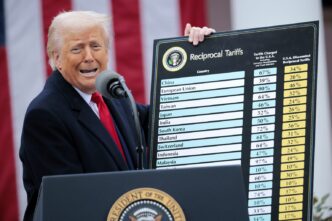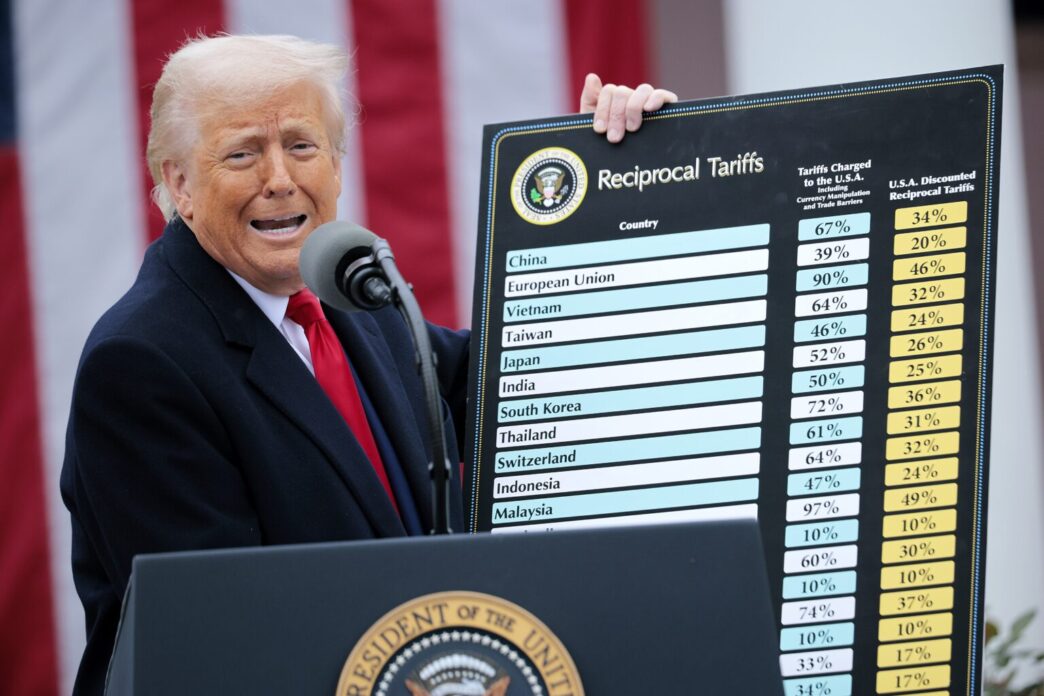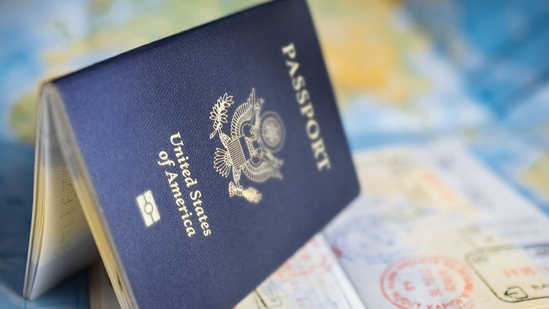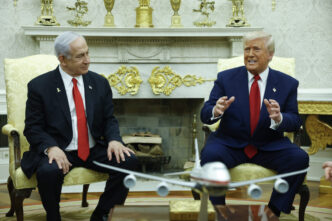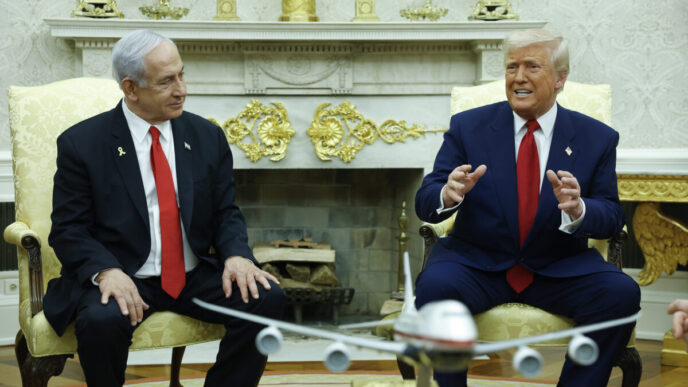In a major shift in trade policy, U.S. President Donald Trump has introduced a baseline 10% tariff on all imports, along with reciprocal tariffs against countries imposing high duties on American goods.
This move aims to strengthen America’s industrial sector while promoting what Trump calls “fair trade.”
Nigeria is among the countries affected, with a 14% tariff now placed on its exports to the U.S.
This decision comes as a response to Nigeria’s existing 27% tariff on American goods.
The new policy, announced during a White House event titled Liberation Day, marks a sharp departure from the U.S.’s long-standing free-trade approach.
Trade between Nigeria and the U.S. has been significant, with transactions totaling N31.1 trillion between 2015 and 2024, according to the National Bureau of Statistics (NBS).
Imports from the U.S. during this period amounted to N16.4 trillion, representing 8.7% of Nigeria’s total trade.
However, recent years have seen a decline in Nigerian exports to the U.S., largely due to reduced American purchases of Nigerian crude oil.
This tariff adjustment could further strain Nigeria’s trade relationship with the U.S. If the country does not respond swiftly, it risks losing access to the world’s largest consumer market.
Besides Nigeria, other African countries are also facing increased U.S. tariffs.
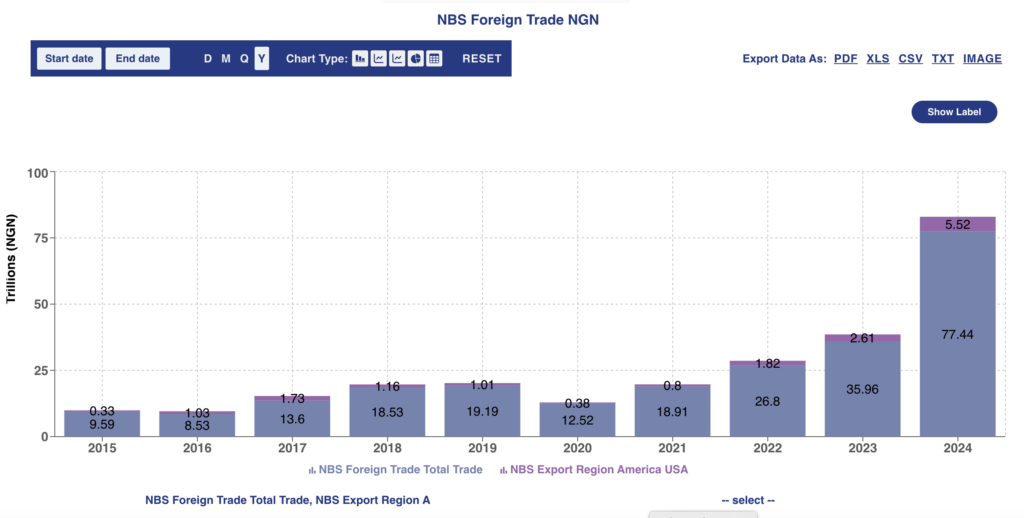
The policy follows a reciprocal formula, where the U.S. imposes tariffs equivalent to half of what a country levies on American goods.
The affected countries include:
- Mauritius– 40% tariff imposed by the U.S. in response to an 80% duty on American goods.
- Algeria – 30% tariff, matching half of Algeria’s 59% duty on U.S. products.
- Namibia– 42% vs. 21%.
- Lesotho– 99% vs. 50%.
- Kenya– 10% vs. 10%.
- Ghana & Ethiopia – 17% and 10% tariffs imposed on U.S. goods, with equivalent rates applied in return.
Furthermore, Asian countries such as Vietnam, Cambodia, and Bangladesh, known for their high tariffs on U.S. products, will now face import duties between 37% and 49% when exporting to the U.S.
Trump’s Make America Wealthy Again strategy is expected to impact countries that previously enjoyed trade benefits under agreements like the African Growth and Opportunity Act (AGOA).
For Nigeria, this policy shift serves as a warning. The country must reassess its tariff structure before the situation worsens.
Moreover, businesses that rely on exports to the U.S. may face losses, leading to potential job cuts and economic instability.
Trump’s tariff strategy has reshaped global trade, and Nigeria is among the nations facing the consequences with a 14% U.S. tariff now in place, it is imperative for Nigeria to reevaluate its trade policies and adapt quickly.
